Is Creole Seasoning Cajun Seasoning? A Spicy Comparison Guide
Table of Contents
Introduction
If you've ever stood in front of a spice rack or scrolled through a grocery store aisle, you've probably wondered: Is creole seasoning cajun seasoning? It's a common question among both amateur cooks and seasoned chefs. While these two spice blends are often used interchangeably, they're not quite the same—though they do share some similarities.
In this guide, we'll dive into the differences and similarities between creole seasoning and cajun seasoning, help you understand when to use each, and offer practical tips for cooking with them. We’ll also include a detailed buying guide so you can choose the right blend for your kitchen. And of course, we’ll answer that burning question once and for all: Is creole seasoning cajun seasoning?
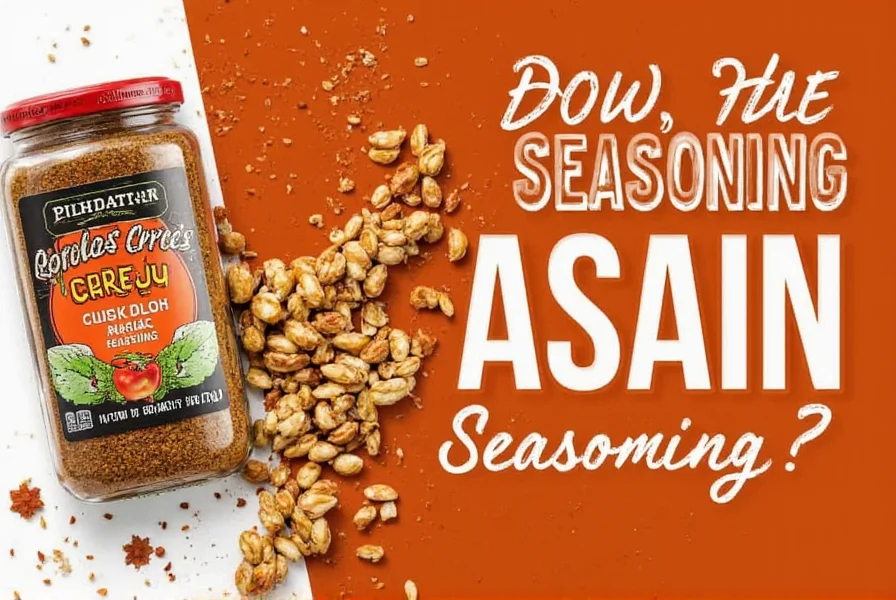
Key Differences Between Creole and Cajun Seasoning
While both creole and cajun seasonings are rooted in Louisiana cuisine, they have distinct flavor profiles and ingredient compositions. Let’s break it down:
- Origin: Creole seasoning is influenced by French, Spanish, and African cuisines, while cajun seasoning has stronger ties to the Acadian (French-Canadian) settlers who migrated to Louisiana.
- Spice Level: Cajun seasoning tends to be spicier due to the inclusion of cayenne pepper, whereas creole seasoning is more balanced with herbs and milder spices.
- Herbs: Creole seasoning usually includes more fresh herbs like thyme, oregano, and parsley, while cajun seasoning relies on dried herbs and more heat.
- Texture: Creole seasoning is often coarser and more rustic, while cajun seasoning is typically finer and more powdered.
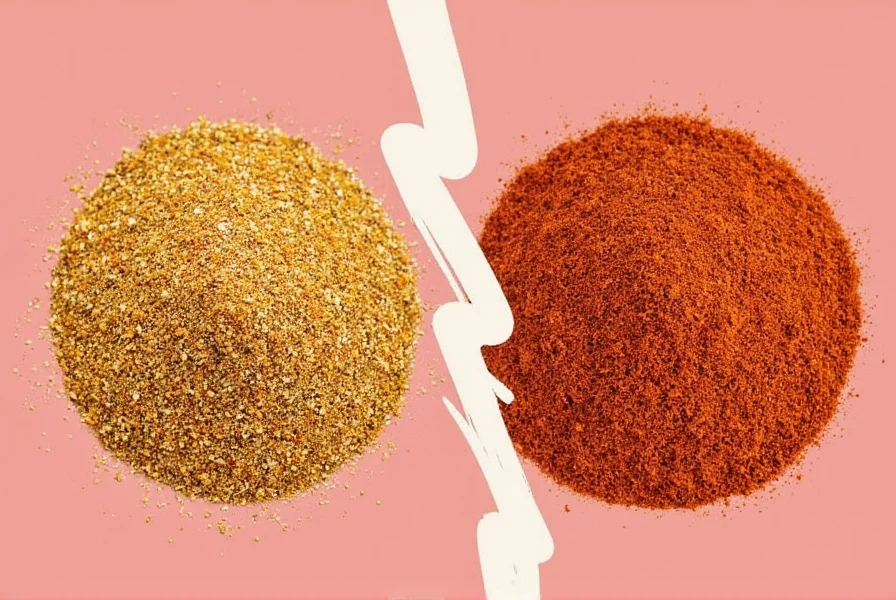
| Feature | Creole Seasoning | Cajun Seasoning |
|---|---|---|
| Origin | French, Spanish, African | Acadian (French-Canadian) |
| Spice Level | Mild to Medium | Medium to Hot |
| Common Ingredients | Thyme, oregano, paprika, garlic powder, onion powder | Paprika, cayenne, garlic, onion, black pepper |
| Texture | Coarse, rustic | Finely ground |
Similarities Between Creole and Cajun Seasoning
Despite their differences, creole and cajun seasonings share several similarities that make them versatile in the kitchen:
- Base Ingredients: Both blends typically include paprika, garlic powder, and onion powder.
- Cooking Uses: They’re commonly used in dishes like gumbo, jambalaya, and fried chicken.
- Flavor Profile: Both bring bold, savory flavors with a hint of heat and depth.
- Cultural Roots: Both are deeply tied to the rich culinary traditions of Louisiana.
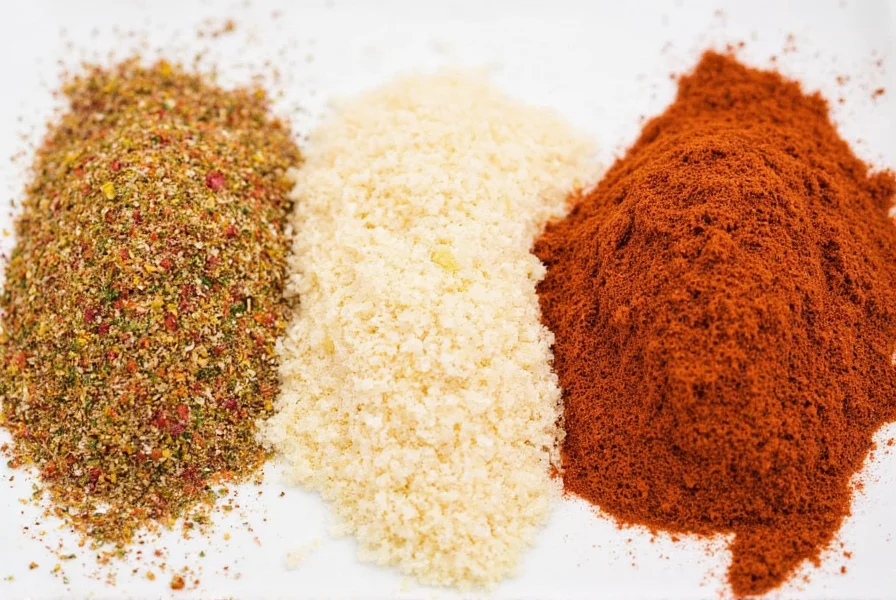
How to Use Creole and Cajun Seasoning
Knowing how to use each seasoning properly can elevate your dishes from good to great. Here are some practical tips:
Using Creole Seasoning
- Seafood: Add it to shrimp, crawfish, or fish before grilling or sautéing.
- Vegetables: Sprinkle over roasted or grilled vegetables for extra flavor.
- Chicken: Use as a dry rub for baked or grilled chicken.
- Gumbo & Jambalaya: Stir into the base of your stew or rice dish for a deep, layered flavor.
Using Cajun Seasoning
- Fried Foods: Use as a coating for fried chicken, catfish, or even French fries.
- Meat Rubs: Apply generously on pork, beef, or lamb before smoking or grilling.
- Soups & Stews: Add to slow-cooked soups for a punchy, spicy kick.
- Popcorn: Toss with butter for a spicy snack that packs a flavor punch.
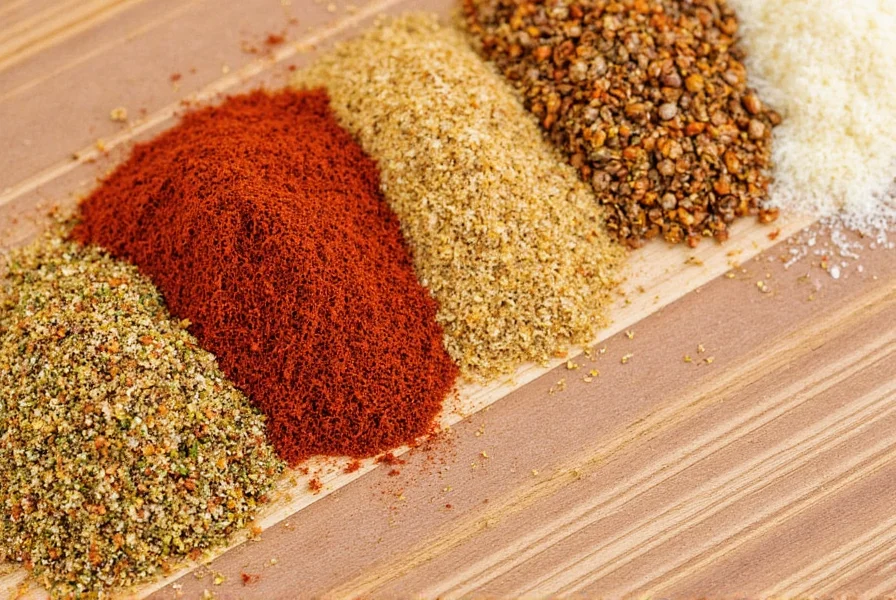
Buying Guide: Choosing the Right Spice Blend
With so many brands and varieties available, choosing the right creole or cajun seasoning can be overwhelming. Here’s a quick guide to help you decide:
Top Brands & Their Features
1. Tony Chachere's Creole Seasoning
- Features: Classic recipe with paprika, garlic, onion, and cayenne.
- Advantages: Balanced flavor with just the right amount of heat.
- Use Cases: Great for seafood, chicken, and rice dishes.
- Target Audience: Home cooks and casual chefs looking for authentic taste.
- Suitable Occasions: Weeknight dinners, family gatherings, and potlucks.
2. Zatarain's Cajun Seasoning
- Features: Stronger heat with more cayenne and paprika.
- Advantages: Bold flavor ideal for those who love spice.
- Use Cases: Perfect for frying, smoking, and heavy stews.
- Target Audience: Experienced cooks and spice lovers.
- Suitable Occasions: Barbecues, game days, and holiday meals.
3. The Spice Hunter Creole Seasoning
- Features: Handmade with organic ingredients and no preservatives.
- Advantages: High-quality, natural blend with a robust flavor.
- Use Cases: Ideal for health-conscious individuals and gourmet cooking.
- Target Audience: Health-focused cooks and foodies.
- Suitable Occasions: Special occasions and fine dining experiences.
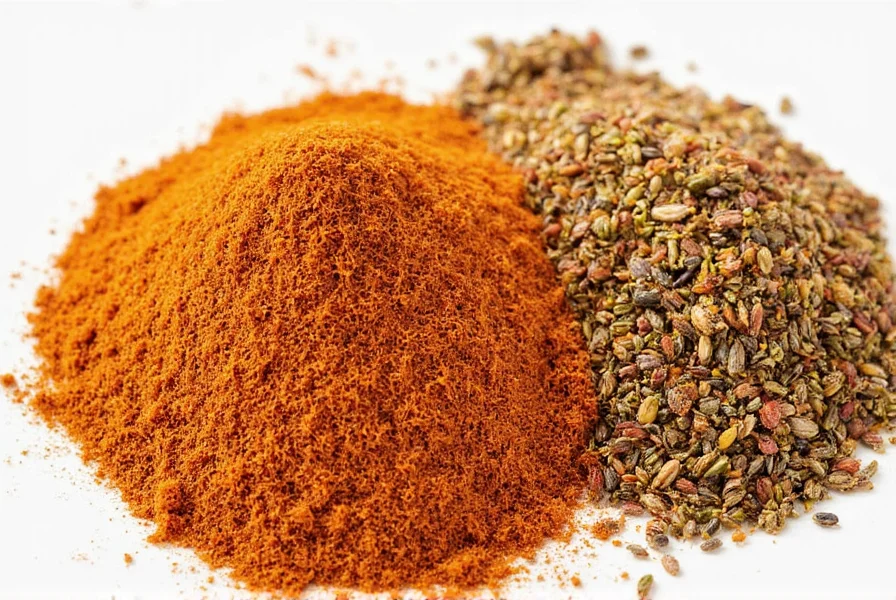
Choosing Based on Flavor Preference
Consider your taste preferences when selecting a seasoning:
- Prefer Milder Flavors? Go with creole seasoning for a more balanced profile.
- Love Heat? Choose cajun seasoning for a bolder, spicier experience.
- Want Something Unique? Look for specialty blends with added ingredients like smoked paprika or citrus zest.
Conclusion
To sum up: Is creole seasoning cajun seasoning? No, they’re not the same, but they’re closely related and often used in similar ways. Creole seasoning is more herb-forward and balanced, while cajun seasoning leans toward heat and boldness.
Whether you're cooking up a storm for a dinner party or simply experimenting in your kitchen, understanding the difference between these two iconic spice blends will help you create more flavorful and authentic dishes. So next time you reach for a spice jar, ask yourself: am I going for the richness of creole or the fire of cajun?
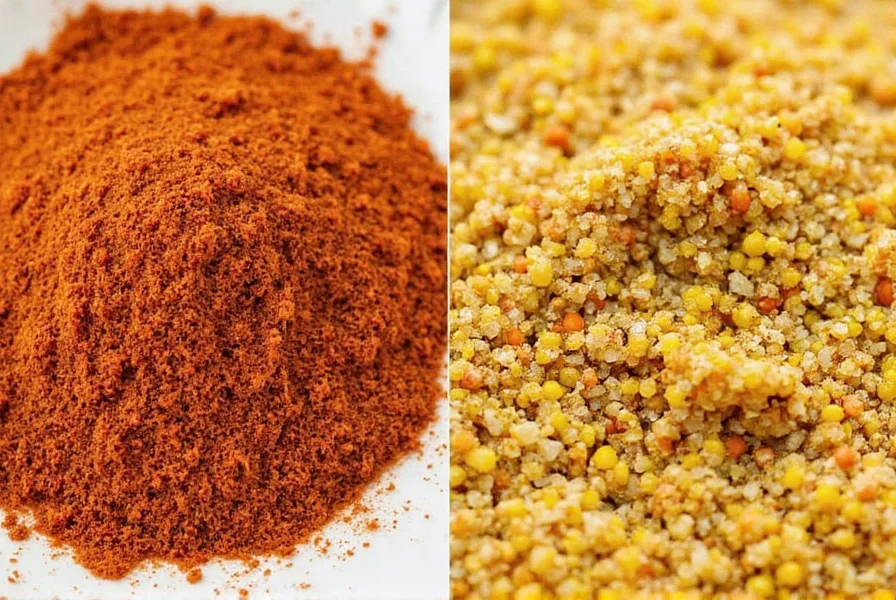
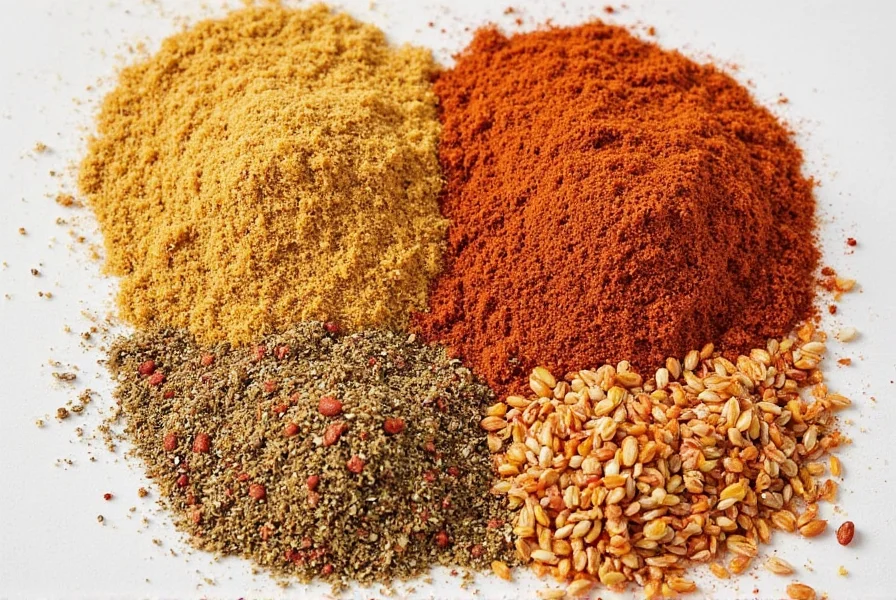
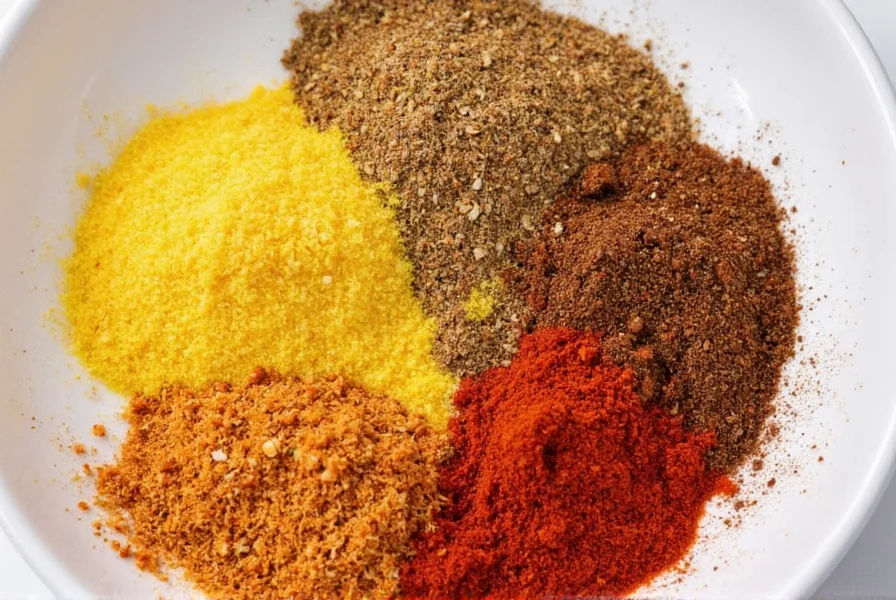
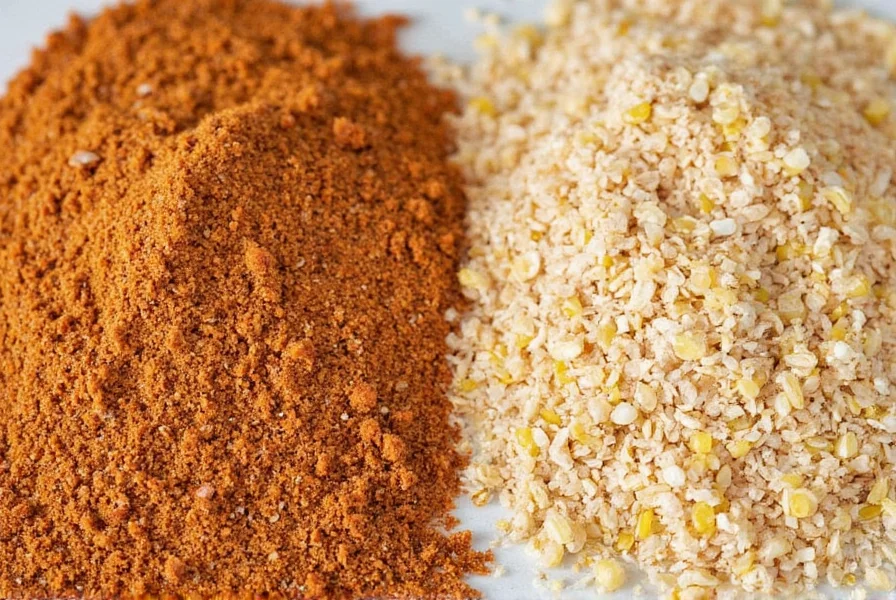
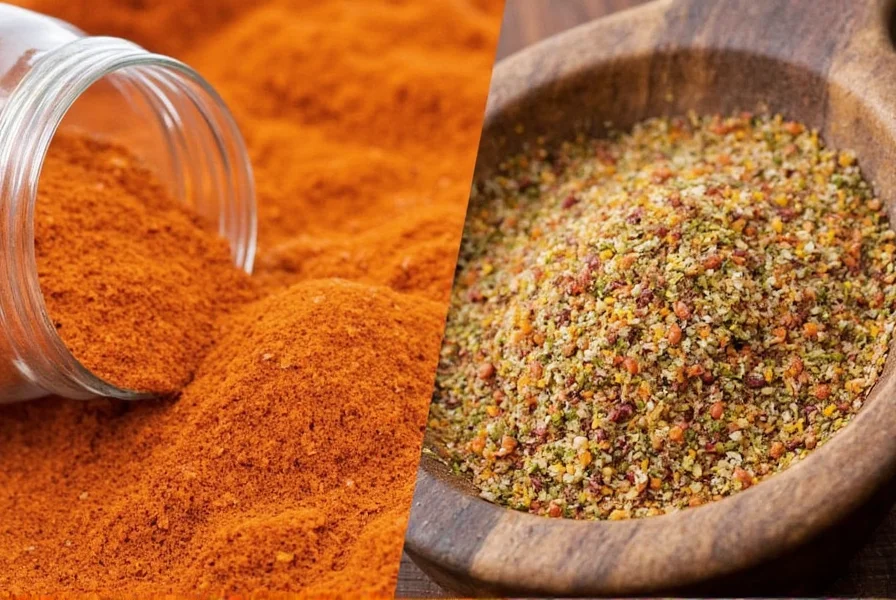

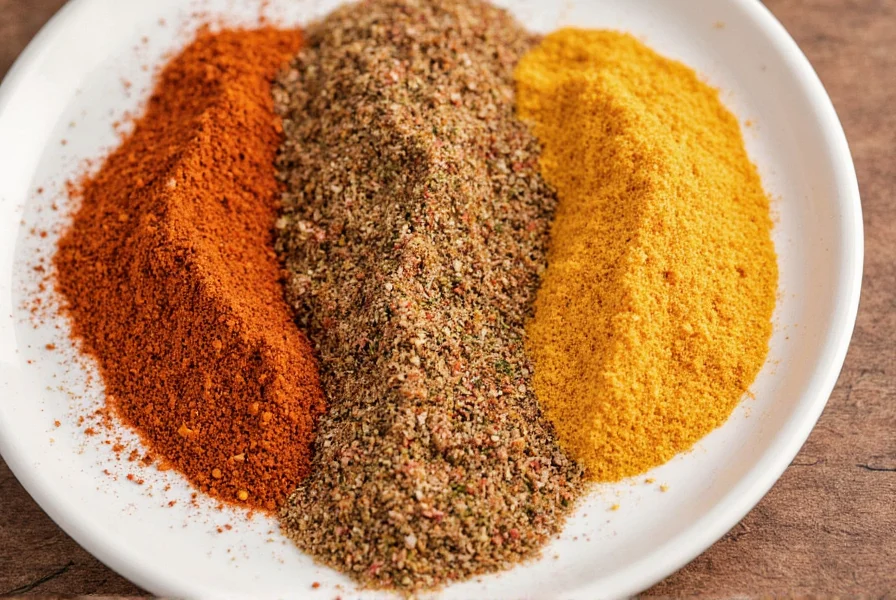









 浙公网安备
33010002000092号
浙公网安备
33010002000092号 浙B2-20120091-4
浙B2-20120091-4